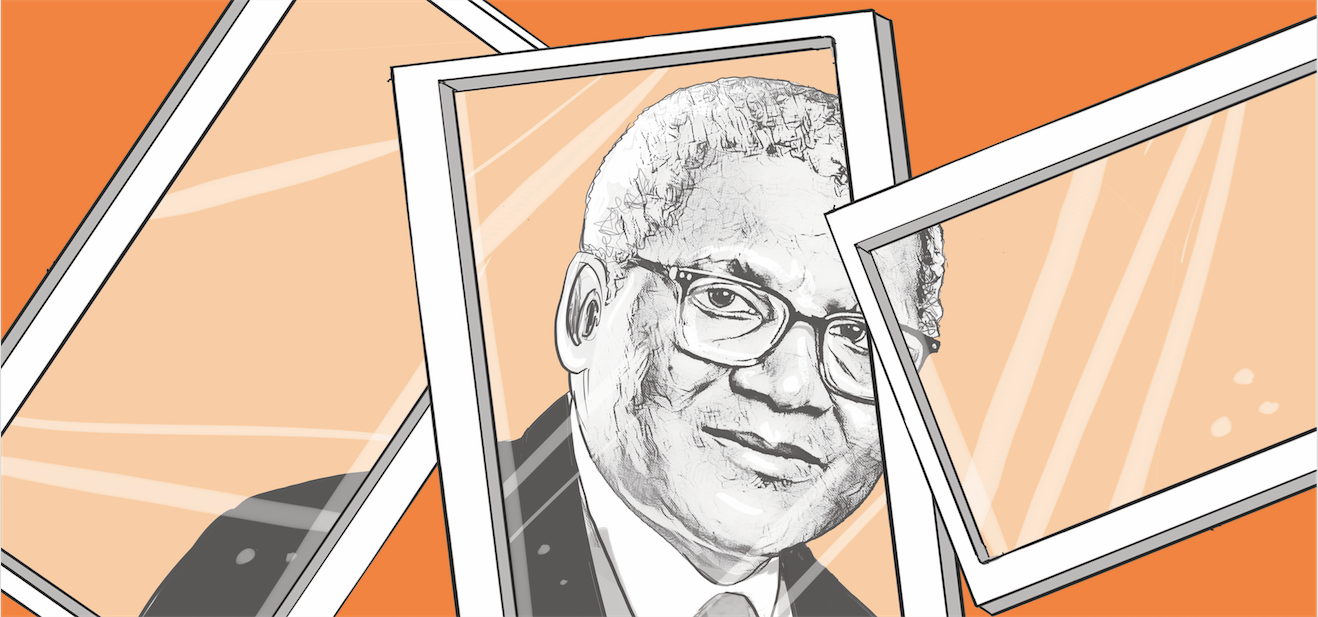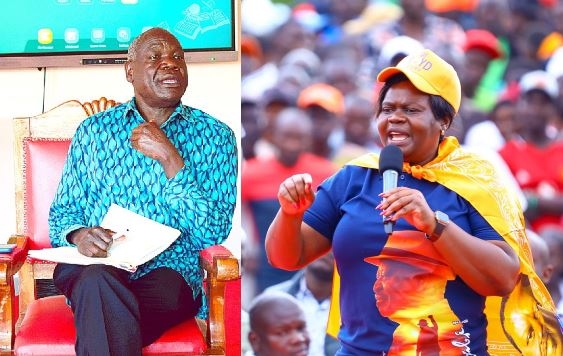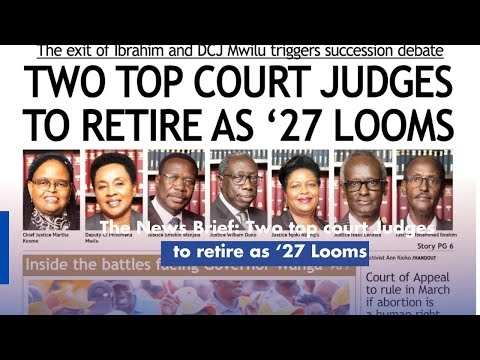

Every morning at 5 am, Aliko Dangote makes a decision that defines his empire more than any factory he has built: he commits to solving as many problems as possible before the day ends.
Three hours of sleep, relentless systems and an obsession with
measuring what matters. In all aspects of life, the greatest measure of success
is how accountable you are to yourself.
Most people see the $25
billion (Sh3.2 trillion) fortune, the refineries spanning continents, the cement empire
that reshaped Africa’s skyline. What they miss is the invisible architecture
beneath it all: a man who built internal accountability so rigorous it turned discipline
into destiny.
In 2025, the Project Management Institute called the Dangote Refinery “a world-class model”. They were not offering courtesy; they were registering astonishment. They found a company that bought 300 PMI professional licences not because regulators required it, but because Dangote required it of himself.
It was a culture where
discipline, accountability and efficiency were not corporate slogans but
reflexes. In a country where $18 billion (Sh2.3 trillion) has vanished into defunct state
refineries, one private firm built systems so robust that global experts now
study them. Because when you are good enough that no one can check you, you had
better be excellent at checking yourself.
His rivals cut
corners. He built checklists. They chased quarters. He built decades. They
relied on favours. He relied on consistency. Self-accountability is not a
burden; it is a competitive advantage. In environments where standards
collapse, the one who holds firm becomes indispensable.
Most people think discipline limits freedom. Dangote sees it as its purest form. “Every morning when I wake up, I make up my mind to solve as many problems before retiring home,” he says. That is not obligation; it is authorship.
When you are
accountable to your own standards, you define what excellence means. And you
measure it. Every factory, refinery and logistics line under his name runs on
real-time data: inventory, cash flow and quality metrics. He built communities
of practice, standardised templates and training systems that make improvement
non-negotiable.
“My grandfather once
told me, the soul of business is not making money but making people happy,” he
recalls. Sentiment becomes strategy when backed by systems that make happiness
measurable, delivery on time, quality on specification and trust on record.
Self-accountability turns intention into infrastructure. Anyone can preach
quality; the accountable build systems that guarantee it.
Dangote’s mirror of accountability has three dimensions. The first is reality, data that refuses to flatter. His systems make bad numbers impossible to ignore.
The second is values, a thirty-year horizon that resists the applause of the quarter. “It took me 30 years to build this,” he says with the patience of someone who treats accountability as a long game.
The third is people, building systems that survive him. “I always make sure I hire people smarter than me.” That is not modesty; it is structural humility, excellence designed to outlive its architect.
The higher you rise, the fewer people tell you the truth. That is where empires quietly begin to rot. Dangote could have coasted after securing his cement monopoly. Instead, he poured $19 billion (Sh2.5 trillion) into a refinery whose project standards are now global benchmarks.
He built measurement when he could have coasted on
reputation because self-accountability is not about what others see. It is
about who you are when no one is checking.
There comes a quiet
moment in every leader’s life, with no cameras and no applause, just a decision
only you will know you made. You can cut the corner, skip the check or fudge
the number. No one will notice. Dangote chooses not to. He built systems not
because regulators demanded them but because integrity did. Success does not
make accountability optional; it makes it sacred.
At the end of 30 years of 5 am mornings, the question that matters is not how much you built
but whether you stayed true to the standard you set when no one was watching.
Dangote’s answer is written in 300 certifications, real-time dashboards and
factories that hum even when he is not there.
For the leader who has already succeeded, your greatest achievement is not what you have built but whether you have built systems that keep you honest enough to keep building.
For the entrepreneur scaling operations, your edge is not your product but your
willingness to measure, systematise and improve when competitors are
celebrating. For the doctor running multiple ventures, your legacy is not the
businesses you own but the standards they maintain when you are not there.
Self-accountability is
not a burden. It is the ultimate freedom to define excellence and then become
it, regardless of who is watching. That is what Dangote teaches us. Not
monopoly. Not wealth. Discipline as destiny.
Surgeon, writer and advocate of healthcare reform and leadership in Africa
















